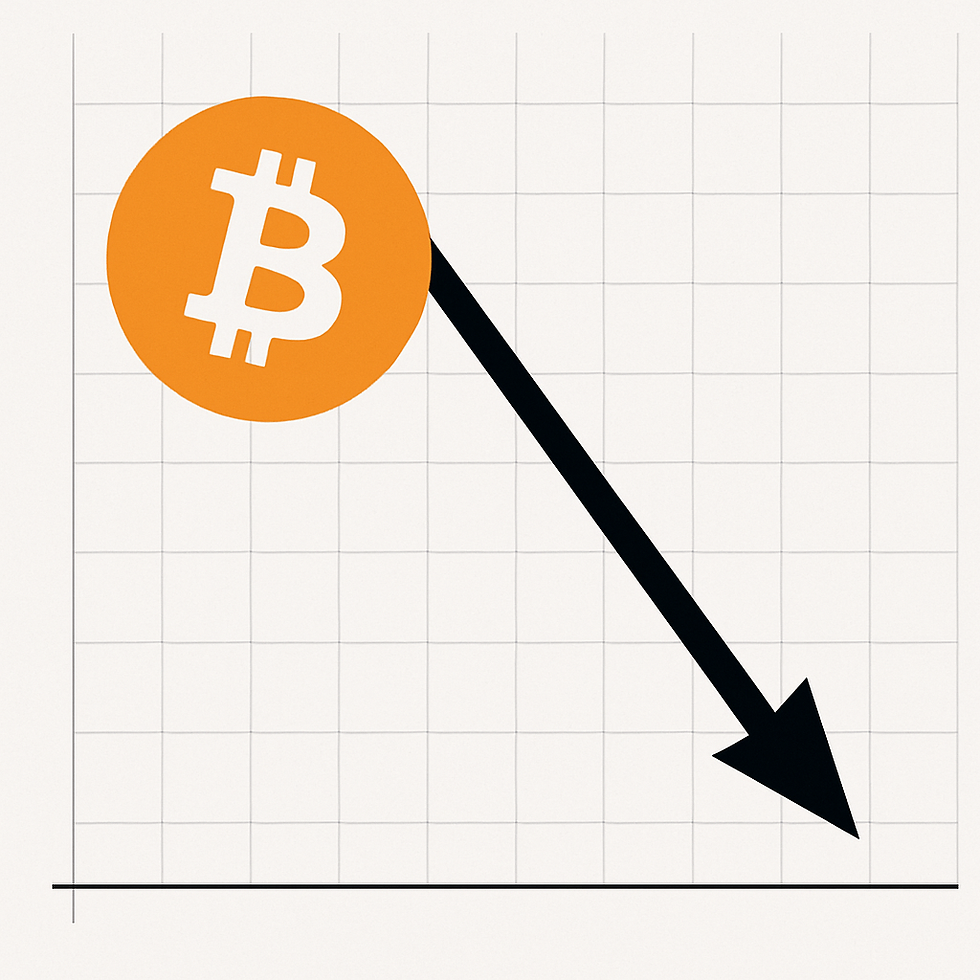In Defence of the Penny – Why Small Change Still Matters
- WireNews

- May 23
- 3 min read
by Ram ben Ze’ev

In the swirling tides of government overreach, reckless spending, and fiscal virtue-signalling, the humble penny has found itself the latest target of administrative efficiency. Among the Trump Administration’s many proposals during its time in office, one idea that resurfaced with surprising momentum was to eliminate the production of the United States penny altogether.
The justification? It costs more to mint than it’s worth. A tidy $50–$80 million in “savings” could be claimed on federal balance sheets. But beneath this surface-level arithmetic lies a far more profound truth—one that speaks to economic justice, cultural continuity, and the dangerous absurdity of performative government cuts.
Let’s be clear: eliminating the penny will not fix America’s budget. In the grand scheme of Washington’s fiscal excess—where billions are routinely lost in waste, fraud, and bureaucratic redundancy—the penny’s annual production shortfall barely registers. When measured against the trillions spent annually by the federal government, this supposed saving represents less than 0.002% of the budget. If the argument is truly about stewardship of taxpayer funds, then the Department of Defense’s misplaced trillions, the redundant grant schemes, and the litany of failed federal programmes would be a more worthy starting point.
But beyond the laughably small financial benefit, there’s something more sinister here: the penny’s elimination disproportionately punishes the poor. Rounding up cash transactions—as would become necessary without the 1-cent coin—consistently favours retailers, not consumers. And who are the consumers still relying on cash in an increasingly digital economy? The elderly, the unbanked, the poor. These Americans would be forced to absorb yet another burden, while the affluent—shielded behind their contactless cards and crypto wallets—remain unaffected.
Then there’s the matter of logistical disruption. Retailers, small businesses, vending operators, and public sector systems would all have to adapt, reconfigure, and recalibrate.
Machines would need replacement, accounting practices overhauled, pricing adjusted. And all of it at great cost—cost that would not be shouldered by the government, which has no money of its own, but by the very taxpayers who fund it. Private citizens and businesses—many of whom were never consulted on whether they even wanted the penny eliminated—would bear the financial and logistical burden of this unnecessary disruption.
And what of cultural value? Abraham Lincoln, the president whose legacy most Americans still cherish, graces the front of the penny. This coin, worn smooth by decades of use, often serves as a child’s first lesson in money, a collector’s first treasure, a symbol of thrift and humility. In its removal, we lose more than metal—we lose a piece of national identity. In a time when American history is already under siege from those who seek to erase, revise, or sanitise it, casting aside the penny is no small matter.
Some have argued that other nations have eliminated their lowest denomination coins and survived. But America is not just any other country. Our republic was founded not on efficiency but on principle—and the principle here is that reforms should serve the people, not inconvenience them. If the U.S. Mint is concerned about cost, then reform the composition of the penny. Other countries have done so—switching to cheaper alloys or reducing volume—without wiping the coin off the face of commerce.
Ultimately, the war on the penny is a distraction. It is the illusion of thrift in a sea of waste. It’s a headline for bureaucrats who want to appear responsible without doing the difficult work of meaningful reform. We must not let ourselves be fooled. The penny is not the problem. Government waste is.
We should fix what is broken, not what is merely small. Keep the penny—and while we’re at it, start demanding real accountability from those who govern.
>>>> BUY ME A COFFEE <<<<
###
Bill White (Ram ben Ze'ev) is CEO of WireNews Limited, Mayside Partners Limited, MEADHANAN Agency, Kestrel Assets Limited, SpudsToGo Limited and Executive Director of Hebrew Synagogue








